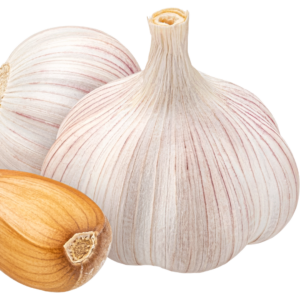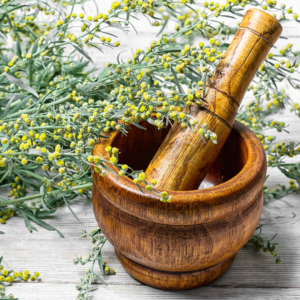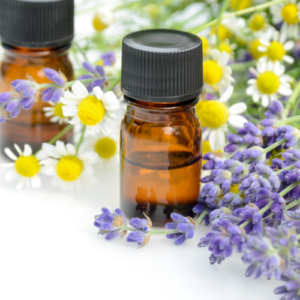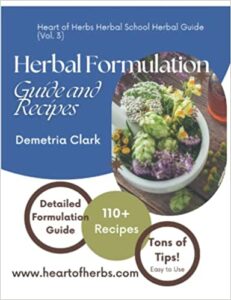Harnessing Nature’s Power: The Top Antiseptic Herbs to Combat Bacterial Infections.
Antiseptic herbs emerge as formidable warriors against bacterial infections like staph in the quest for natural remedies. These botanical marvels possess potent properties that help eliminate external infectious agents, safeguarding against harmful bacteria without the harsh side effects often associated with conventional treatments.

Garlic
One exceptional antiseptic herb is Allium sativum, commonly known as garlic. This culinary staple boasts allicin, a powerful compound renowned for its antimicrobial properties. Studies have shown that garlic exhibits significant antibacterial activity against various strains. Additionally, these include Staphylococcus aureus, making it a valuable ally in the fight against bacterial infections.
Tea Tree and Thyme Essential Oil
Another potent contender in antiseptic herbs is Melaleuca alternifolia, tea tree oil. This essential oil is celebrated for its broad-spectrum antimicrobial properties, which can combat a wide array of bacteria, fungi, and viruses. Its effectiveness against staph infections has been well-documented, making it a popular choice for natural antiseptic remedies.
Thymus vulgaris, or thyme, is another herb renowned for its antiseptic prowess. Thyme contains thymol, a compound with potent antimicrobial properties. Research has demonstrated that thyme essential oil exhibits significant antibacterial activity against Staphylococcus aureus. Furthermore, it makes it a valuable addition to natural antiseptic formulations.
Calendula
Calendula officinalis, or marigold, offers a gentle yet effective solution for those seeking relief from bacterial skin infections. This herb is prized for its soothing and healing properties, making it ideal for treating wounds and skin irritations caused by bacterial infections. You will often find calendula in a variety of herbal skin care formulas because it offers so many benefits for the skin and healing. Additionally, Calendula’s antimicrobial actions help prevent bacterial growth, promote speedy healing, and reduce the risk of complications.

Take the Leap
Transitioning to natural antiseptic remedies offers numerous benefits. Unlike conventional treatments, which may contain harsh chemicals and antibiotics that can disrupt the body’s natural balance, antiseptic herbs provide a gentler yet effective alternative. Moreover, they offer a holistic approach to healing, addressing the symptoms and underlying causes of bacterial infections.
In conclusion, antiseptic herbs offer a natural and effective solution for combating bacterial infections like staph. From garlic to tea tree oil, these botanical wonders harness the power of nature to help eliminate harmful bacteria and promote skin health. Incorporating these herbs into your skincare routine can help keep bacterial infections at bay, ensuring a healthier, happier you.
Learn more about all we can offer you students.
Disclaimer
Disclaimer Blog
The information presented on the Heart of Herbs Herbal School/Demetria Clark websites is for educational purposes only. Heart of Herbs Herbal School/Demetria Clark Education LLC makes neither medical claims nor intends to diagnose or treat medical conditions. Links to external sites are for informational purposes only. Heart of Herbs Herbal School/Demetria Clark neither endorses them nor is in any way responsible for their content. Readers must do their own research regarding the safety and usage of any herbs, recipes, or supplements.
Affiliate Disclosure
Some posts contain affiliate links. When you click on these and make a purchase the cost is the same for you, but we earn a small commission that helps me to provide scholarships to students. We only promote products that we know our clients have liked themselves.
Heart of Herbs Herbal School is a Amazon affiliate. As an Amazon Associate, we earn from qualifying purchases.



